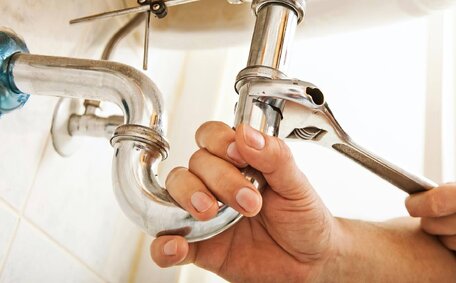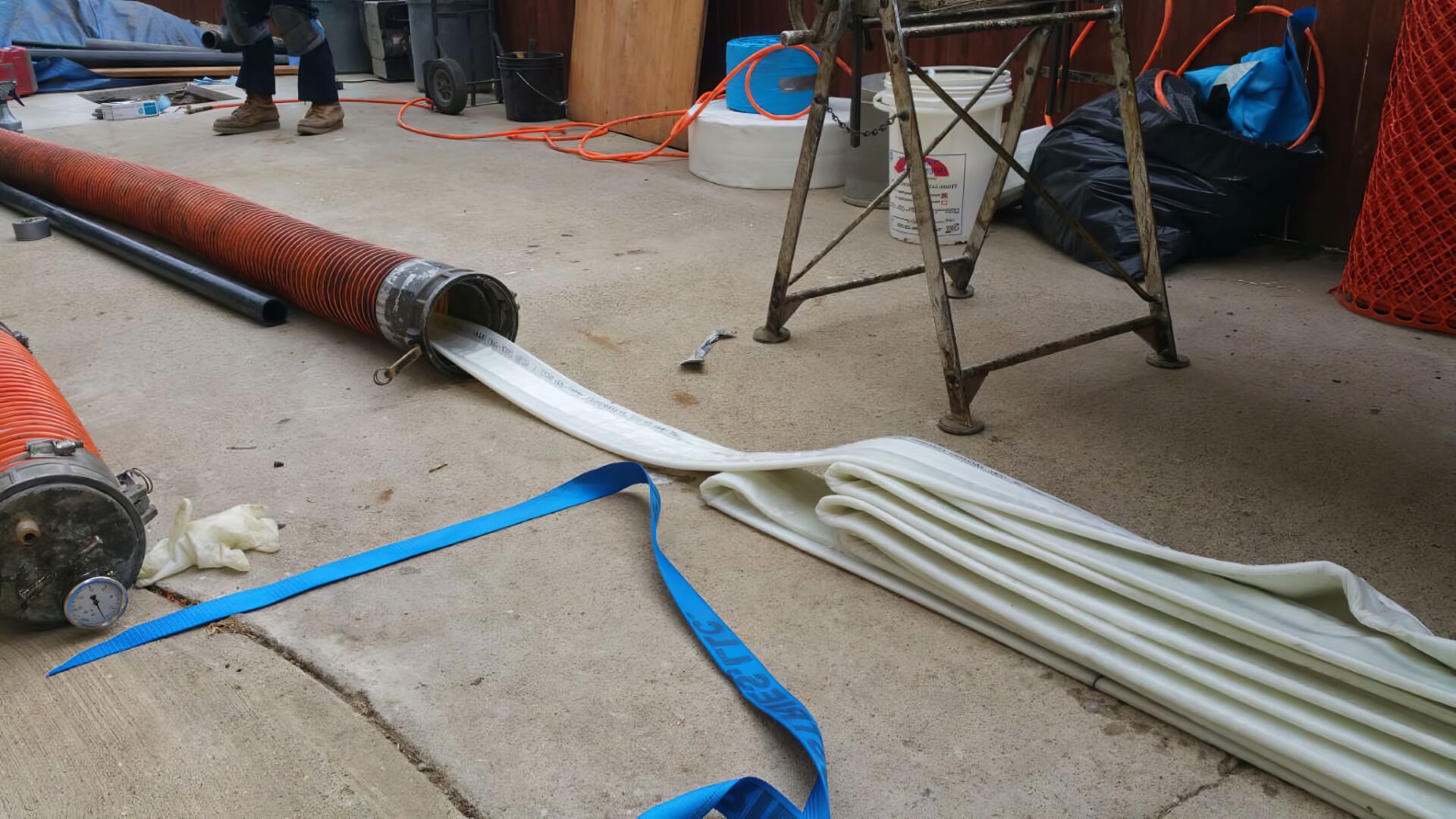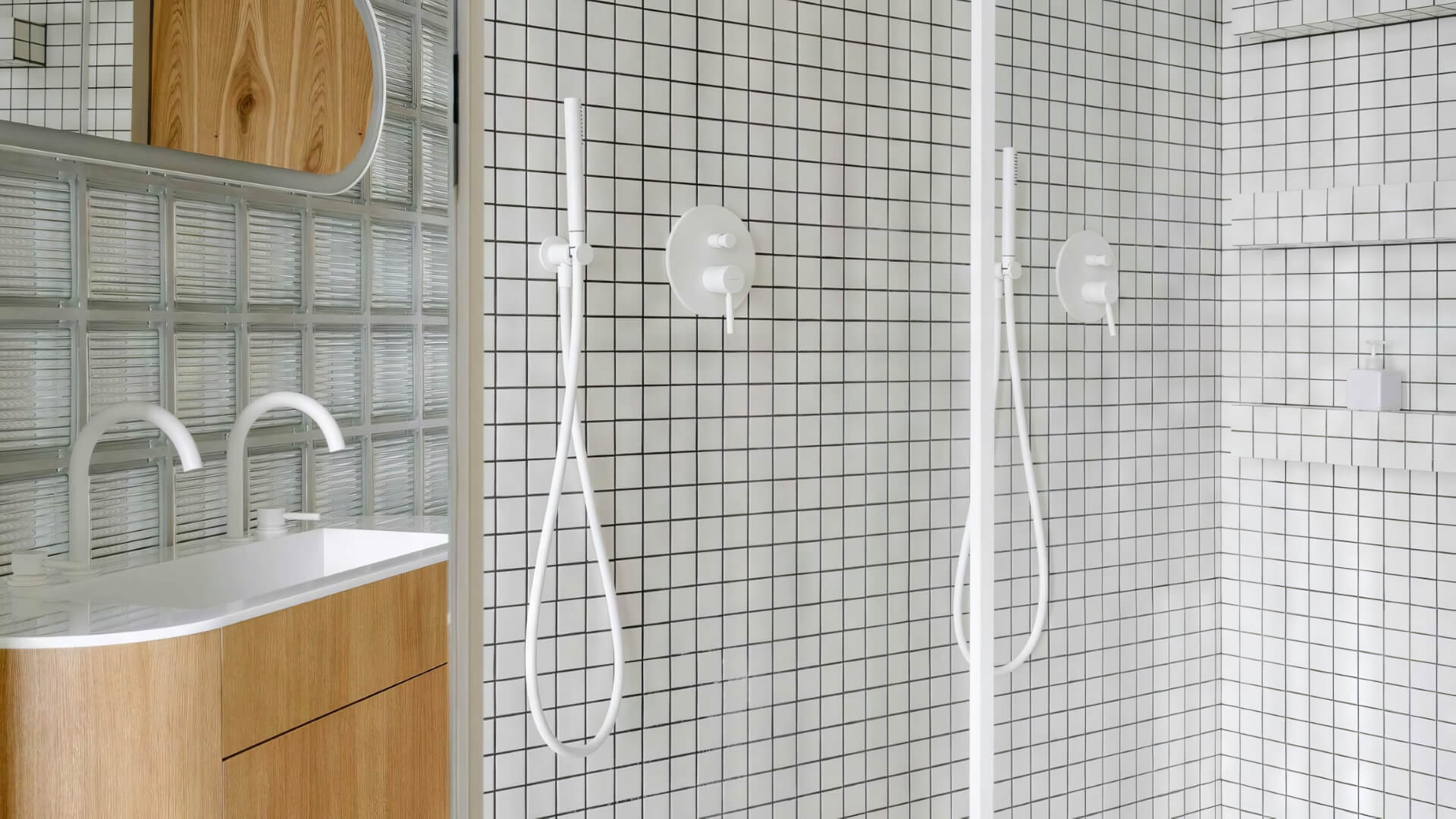Health Hazards from Faulty Plumbing Systems
Deteriorating and leaky plumbing systems pose significant health risks that should not be ignored. Damaged pipes can lead to the growth of dangerous mould and bacteria, exposing occupants to illness. Water leaks also create excess moisture, compromising structural integrity as water seeps into foundations, floors, and walls.
Neglected leaky pipes inevitably deteriorate, leading to severe structural damage requiring urgent plumbing services and pipe relining.
Contaminated water from your existing sewer pipes can cause lead poisoning, skin irritations, and gastrointestinal diseases. Rust particles and pathogens in the water supply get ingested, increasing the risk of infection and illness. Vulnerable populations like children and the elderly are especially susceptible to these health dangers from contaminated water.
Immediate pipe repair is essential to reduce the health and safety risks of defective plumbing.
Pipe relining is a viable long-term solution, as it restores pipes from the inside out using an epoxy barrier, enhancing their durability and functionality. Broken pipes can result in dangerous gas leaks, posing serious risks such as fire hazards and carbon monoxide poisoning, which require professional plumbing services to address.
Exposure to Mold, Bacteria, and Sewage Contamination
Persistent moisture from water leaks encourages mould growth on walls, floors, and ceilings. Mould spore exposure can trigger respiratory conditions, allergies, and infections.
Bacteria like E.coli and legionella also thrive in the damp, stagnant water of leaky plumbing. Ingesting this water heightens the risk of infections, rashes, diarrhoea, and vomiting.
The consequences of these issues can be more severe than the actual pipe replacement. Pipe relining can address the contamination of drinking water with rust, sediment, and pathogens from damaged pipes.
Sewage leaks are particularly hazardous, permitting raw sewage to infiltrate living spaces through your damaged pipes. This exposes occupants to faecal bacteria, viruses, and parasites resulting from your broken pipes. Contaminated standing water can spread infections through skin contact.
Prevention is key.
Regular inspections for leaks, deteriorated fittings, and corrosion, followed by disinfection and thorough drying of water damage, prevent persistent damp issues. Quality pipe relining services reinforce your plumbing from within, permanently sealing leaks to protect health.
Lead and Asbestos Exposure from Corroded Pipes
Lead and asbestos exposure arise as health risks from corroded and deteriorating pipes. Lead is a toxic heavy metal that can contaminate drinking water when it leaches from old lead pipes and plumbing components. Ingesting even small amounts of lead can cause developmental problems in children and organ damage in adults. Meanwhile, asbestos fibres were historically used to insulate water pipes. When these coatings start flaking off due to corrosion, it releases carcinogenic particles into the air and water supply.
Both The corrosion of old pipes, leading to lead and asbestos exposure, constitutes an urgent plumbing concern. The relining vs pipe replacement approach thereby eliminates these health risks without the mess and costs, providing comprehensive protection through advanced pipe relining technology.
The cost of pipe relining is often viewed more favourably than the cost of replacing lead pipes for homeowners. This prevents further corrosion, stopping lead and asbestos contaminants from entering the water flow. Here, pipe relining offers a solution to your plumbing issues by encapsulating old pipes with an epoxy barrier.
Structural Damage from Unaddressed Leaks and Corrosion
Ignoring plumbing problems like a blocked drain and pipe corrosion can severely undermine the structural integrity, so it may be necessary to undertake drain relining of your infrastructure over time. Persistent moisture from unrepaired leaks and blocked drains seeps into porous materials like concrete and timber, exacerbating the extent of damage over time. Leaks can travel along pipes and wiring, threatening your property’s structural integrity, with pipe relining methods effectively reducing moisture-induced damage to foundations and load-bearing walls.
Resultant swelling, warping, erosion, and decay compromise building safety.
As leaks persist unaddressed, mould growth expands, causing more than rotting timber and accelerated corrosion of metal pipes, fittings and structural components. This expansion, akin to the failure of old cast iron pipes, exerts outward pressure, progressively cracking concrete and masonry from within. This deterioration progresses unseen until walls or floors suddenly collapse under their own weight.
Storm water issues, which can be more complex than other plumbing challenges, occur as leaks allow sewer storm water to saturate the soil beneath foundations, potentially softening the ground. This leads to subsidence cracking and misalignment of brickwork and walls. Extreme foundation movement can permanently damage the structural viability of the entire building.
For multi-story buildings, sewer relining prevents leaks that come out between floors, concentrating on the ceilings below. Pipe relining can prevent such collapse by ensuring the plaster remains dry and retains its adhesion. Without timely repair, the relining job can completed, possibly within one day, to prevent leakage damage on upper floors from progressively undermining the floors below.
Compromised drainage and your sewer pipes also risk backups of waterlogged soil putting hydrostatic pressure on basement walls and foundations. Taking early action to reline your pipes helps avert extensive decay and hazardous structural failures before they escalate beyond repair.
Why Pipe Relining is a Proactive Solution
Our pipe relining specialists providing relining services in Sydney would highly recommend trenchless pipe relining as a proven solution to mitigate health risks and structural damage caused by deteriorating pipes. Unlike traditional pipe replacement, our 'no dig’ approach to pipe relining doesn’t involve any digging or destruction. This trenchless 'no dig’ method involves applying an epoxy resin barrier inside the plumbing system to seal cracks and prevent corrosion.
Sewer Pipe relining establishes a robust new pipe system within the old one, bonding the resin tightly to form a smooth, protective wall able to withstand pressure and root intrusion for decades. By using the relining vs traditional methods, this fortifies the old pipe within against further leakage, contamination, and decay risks.
Opting to reline your internal plumbing can repair and seal contaminants within an old pipe so they can’t leach into the water supply. It also waterproofs the inside old pipe pathways to prevent moisture damage spreading through walls and foundations. The airtight barrier prevents mould and bacteria growth by eliminating damp environments.
Between pipe relining services, pipe relining proves to be more cost effective, reinforcing plumbing integrity and averting health and structural perils of deterioration. It’s an essential preventative measure to stop small issues becoming major liabilities down the track.
Minimally Invasive and Trenchless Repair Method
Pipe relining, a minimally invasive method, provides multiple benefits and our experts are on hand for further advice. Unlike tradition pipe replacement, relining does not require extensive excavation or destruction to home interiors and exteriors.
The relining process results in pipes with a smooth, sturdy interior surface, thanks to the expanded liner.
Only small access to your pipes are necessary, and our experts did great job effortlessly handling the task without digging massive trenches. It also eliminates risks associated with open excavations such as soil subsidence, drainage issues, and pathway hazards, contributing to the high regard residents have for our services.
We now ensure your yard landscaping, driveways and flooring can remain fully intact, avoiding disruptive pipe replacement methods, and the area is thoroughly tidied up once the job done. Relining prevents the noise, dust and upheaval that typically stem from the traditional pipe exposures.
Pipe relining enhances drainage, ensures structural stability, and is more time-saving, cost-effective, and eco-friendly than conventional pipe replacement. Relining offers a non-intrusive, secure and efficient means of restoring pipes.
Long-Lasting and Durable Epoxy Resin Lining
Pipe relining utilises durable epoxy resin, which is more resilient than traditional pipe materials. Once cured, the epoxy resin becomes resistant to impact, abrasion and chemicals. The result is a durable thermoplastic layer that can withstand significant pressure and temperature variations.
Quality epoxy resins, asking how long does pipe relining last, when used to repair pipes, have an expected service life of 50-100 years, showcasing the longevity of pipe relining applications. Epoxy resin’s resilience exceeds traditional materials, ensuring lasting pipe function. It will not corrode, rust, crack or erode over time.
Epoxy resin’s hardness, elasticity, and adhesion can also give a relined pipe enhanced tolerance against root infiltrations, ground movements, heavy loads, and soil stressors. It adds decades of reliable functionality, safeguarding aging pipes even from invasive tree roots. Pipe relining with epoxy resin thereby eliminates the risk of backups, collapses and future leaks that tree roots can cause.
Prevents Future Leaks and Pipe Damage
Among the extensive benefits, pipe relining can significantly prevent future plumbing issues by protecting pipes from further damage. Epoxy resin lining seals existing cracks and holes, offering a more robust defence than pipe material alone against tree root intrusions and providing a water tight barrier against new leaks or breaks.
It also offers protection against corrosion, rust, and mineral buildup that can deteriorate and weaken pipe walls over time.
Pipe relining techniques ensure pipes become highly resistant to cracks caused by ground movements, settlement, or freeze/thaw cycles. This durability prevents leaks and backups so common with older piping. Epoxy lining also withstands high water pressure, turbulence, and hot water temperatures that accelerate pipe wear.
By creating a barrier with relining pipes, and potential damages, pipe relining proactively defends against every major cause of pipe damage and leakage. It adds decades of enhanced functionality and protection against failures to vital plumbing.
Prevents Future Leaks and Pipe Damage
Extends the Lifespan of Existing Pipes
By re-establishing structural stability and waterproofing ability, relining enables pipes to remain actively in use for the foreseeable future. It saves homeowners money by eliminating the need to excavate and install entirely new pipe systems.
Relining also diverts old pipes from landfills, giving them renewed purpose. This method of relining pipe replacement supports environmental goals by reducing waste and impact. Extending pipe lifespans through non-invasive methods is a sustainable, efficient approach to maintaining assets.
Compared to replacement, the pipe relining cost is just a fraction for boosting longevity without the same level of disruption. It enables pipes to safely deliver water and gas for decades longer through innovative internal reinforcement.
One of the most significant benefits of pipe relining is that it can extend the lifespan of existing pipes by decades. Rather than bearing the expense and disruption of full pipe replacement, relining rejuvenates old pipes to function like new.
Quality epoxy resins used in the relining process are designed to last 50-100 years. This longevity far exceeds the typical service life of 15-90 years for original pipe materials like iron, clay and concrete.
Relining also diverts old pipes from landfills, n Pipe Replacement
One of the clearest advantages of pipe relining is avoiding digging up your garden, making it much safer and less disruptive when you consider the pipe relining vs traditional pipe replacement. The traditional method of digging up and removing old pipes involves major excavation, heavy machinery, and significant risks; in contrast, pipe relining requires minimal access to insert epoxy resin liners, with no need for large construction zones. There is also no risk of causing foundation or soil subsidence issues which can arise from trenching.
Pipe relining is greatly ideal for properties where maintaining daily operations is crucial.
By renewing your existing pipe from the inside out with minimal invasion, consider pipe relining as it enhances safety and convenience compared to replacement. It rehabilitates plumbing systems with the ive inspections help identify leaks, corrosion and other pipe damage before it threatens health or structural integrity.
Pipe relining is often the best solution as it offers an optimal protective strategy by reinforcing pipe interiors against further wear and failure. Compared to reactive pipe repairs after major issues arise, preventative 'no dig’ pipe relining care through relining improves safety with less disruption to homes.
Partnering with our relining services ensures sound plumbing and restored pipes through trenchless methods, offering you peace of mind. Partnering with our emergency plumber and his team of qualified relining professionals, who maintain pipes, averts contamination risks, property damage, and expensive repairs down the track.
In Sydney, especially the North Shore, our pipe relining specialists can provide comprehensive maintenance by relining an entire system affordably and conveniently without excavating your yard. Investing in the longevity of all your pipes using pipe relining, through proactive solutions, will protect what matters most - your family’s health and your most valuable asset, your home.






